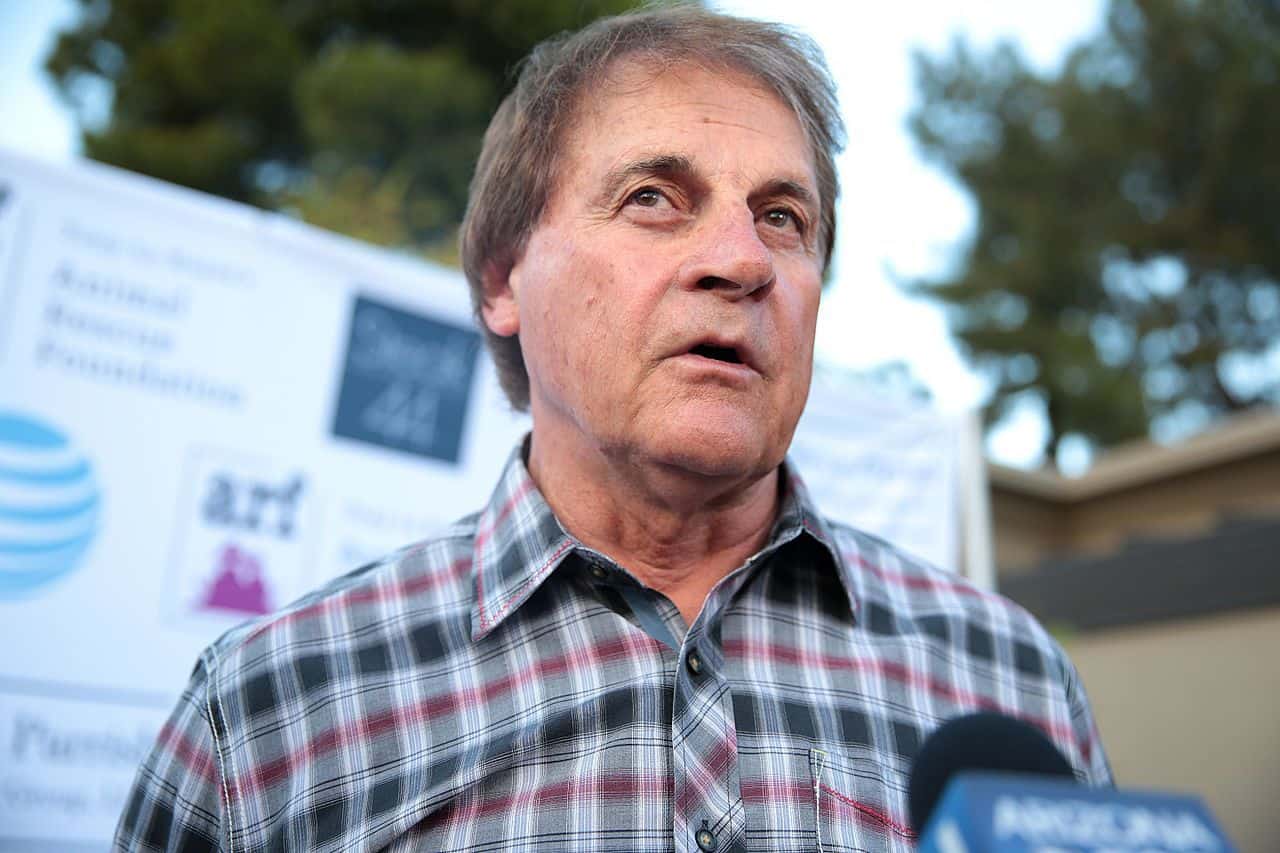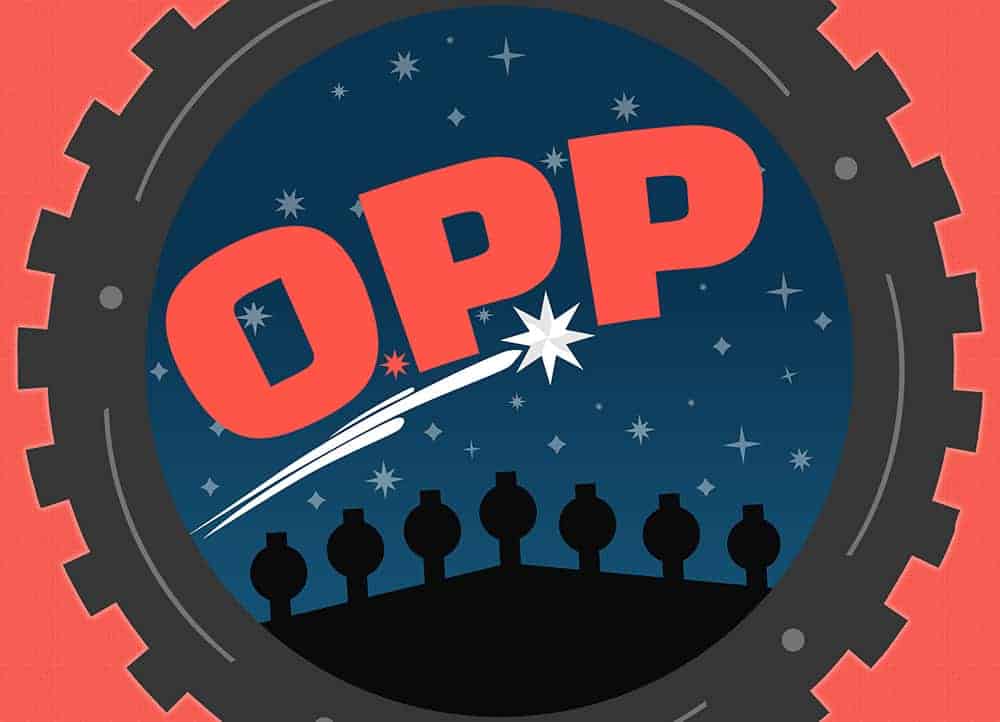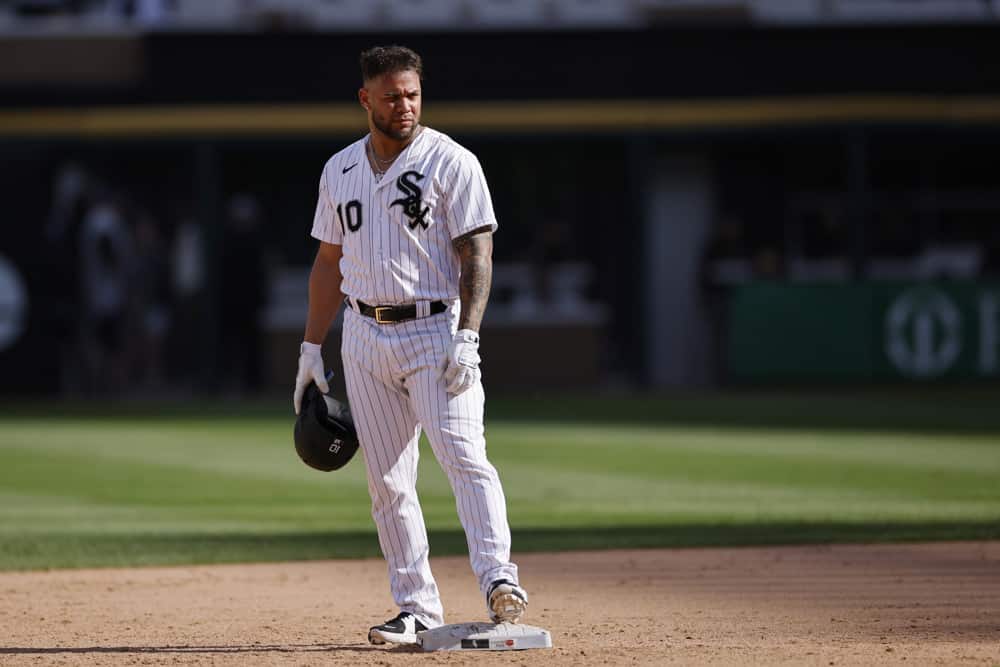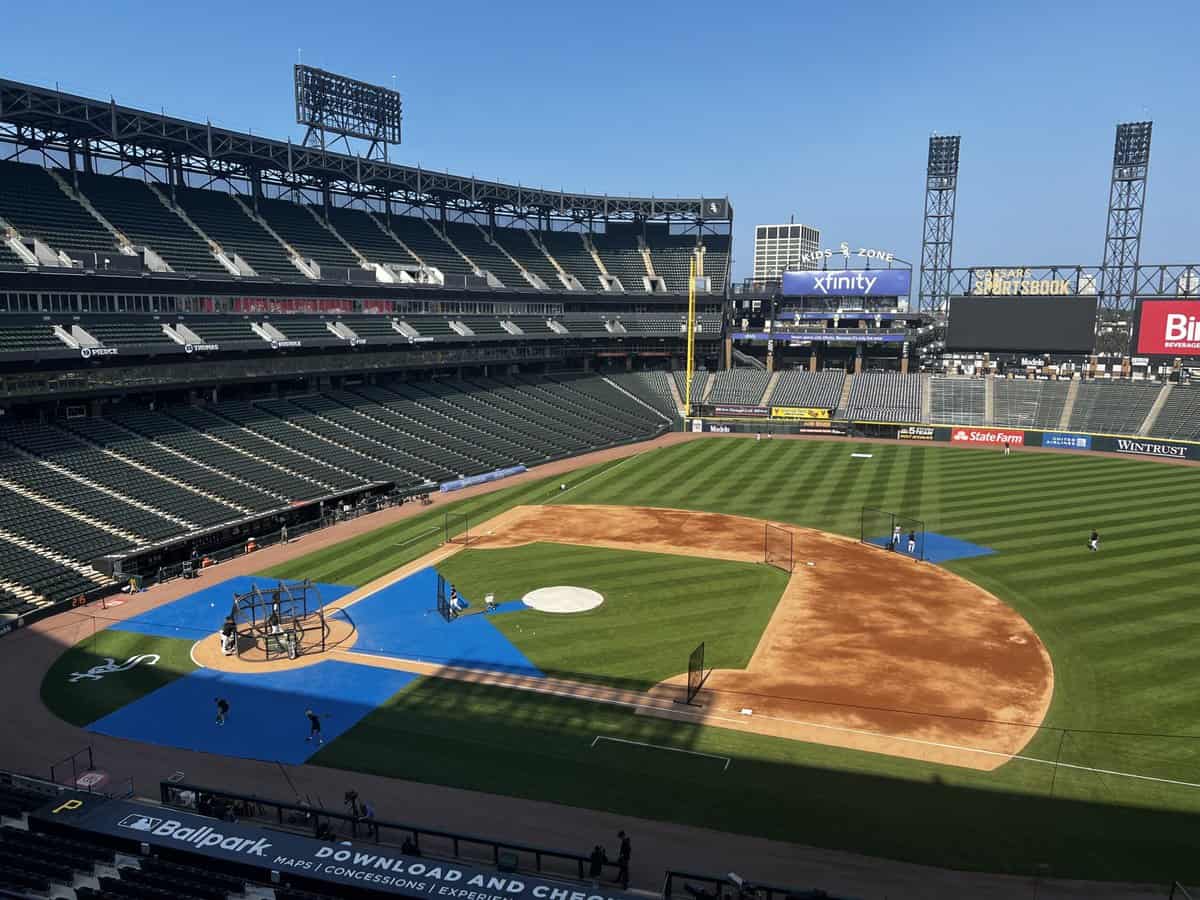The most unfortunate element of Tony La Russa's drunk driving charge and reckless driving conviction is the fact that he's a repeat offender. He already expressed contrition and remorse for the DUI in 2007, which basically makes it impossible to take his contrition all that seriously in 2020. The guy who stressed sincerity has none in this regard, and so handing him a leadership position seems like such a dysfunctional, enabling response.
A distant second is the way it pollutes the actual baseball argument underneath his hiring. Before the news of his arrest broke, I'd reached the "acceptance" phase of express-lane DABDA, and saw that he still might be a unique enough managerial presence to succeed in spite of the process. It was going to be a fascinating experiment that none of us opted into, but were subjected to without remorse.
That facet still marches ahead, even though the context has shifted dramatically. During the weeks the White Sox remained silent about the DUI charge, various members of the White Sox coaching staff went to bat for him. Miguel Cairo, the new bench coach who played for La Russa, sang his praises most strongly at the start of the month.
"He’s one of the most prepared managers I’ve ever been with, and you can tell by his record. He doesn’t miss anything. He’s way ahead of the other manager and the other team. He manages the game before the game happens. It’s unbelievable how smart he is and how well prepared he is." [...]
"Something he does is he (puts) you in a position to succeed," Cairo said. "If he’s going to pinch hit you or he’s going to play you that day, he’s going to let you know. That’s something that you respect. You live with that.
"The communication he has with players is amazing. I knew my role, and that’s something when you have a team, you want every player to know his role so you can succeed. He would put players in a place where they are going to succeed."
Cairo said he didn't plan to make full-time coaching a career until his daughter finished high school a few years from now, but couldn't pass up the opportunity to work under La Russa.
In an in-depth piece for The Athletic, Peter Gammons went even further back than Cairo's days with the Cardinals. Gammons describes the La Russa he first met during La Russa's first week as White Sox manager in 1978. La Russa was so green that he had to practice hitting infield flies, and Gammons said he shagged them for a couple of days.
It's a chummy article that invokes Gammons' Red Sox contacts and goes into more detail about La Russa's Animal Rescue Foundation than the DUI charge. He doesn't act as La Russa's defense lawyer the way Bob Nightengale did, but it reads like an article that was written before the reckless driving episode, with a paragraph thrown in to meet a magazine deadline, even if it fails to connect with the ones that came before or after.
When the issue of managing in the bullpenning era was raised, Buck Showalter said, “that’s ridiculous — Tony was ahead of everyone on the use of a bullpen.” Diamondbacks GM Mike Hazen, with whom La Russa worked for a year, said “I think he’ll be fine. I am very confident in that.” Alex Cora, who got to know La Russa when he was an assistant to Dave Dombrowski in Boston, reiterated Hazen’s thoughts.
However, soon after the hiring, it was reported that in February, La Russa was charged with a DUI in Arizona after his car hit a curb on a freeway; while managing the Cardinals in 2007, he had been charged with another DUI in Jupiter, Fla. when he fell asleep at a stoplight near the club’s spring training complex. Following an agreement to which La Russa plead guilty to a Class 2 misdemeanor as opposed to a more serious charge of driving under the influence, he was court-ordered to serve a day in home detention. He also underwent counseling.
“I’ve been really fortunate to have known so many great people and be around so many great players,” says La Russa, who spent the last week in Arizona with his coaches and White Sox development people at their Glendale complex. “To have the memories I have are a blessing. When you’re the manager of one team, you tend to live in a cocoon. I think the last few years, working with the Diamondbacks and Red Sox and, for a few months, the Angels, I’ve had a broader view of players all around the game, some of the things that have changed, and actually learned a lot. But I’ll be honest, I still miss the competition of the dugout. I talked to Bruce Bochy about it. I look at Pete Carroll and Bill Belichick and Gregg Popovich and believe age is an individual thing.”
Still, it's worth reading Gammons' article to refresh your memory on what this experiment could have looked like. The decision was plenty interesting -- with all the connotations interesting entails -- before the DUI charge. I settled on thinking the concerns about analytics and modern clubhouses were overblown, because that would overlook a history of information forefrontery and the way his Cardinals teams circled the wagons against NL Central rivals that despised them. I concerned myself more with the lack of a process that led to La Russa, the way Rick Hahn and Kenny Williams distanced themselves from Jerry Reinsdorf's big-footing, what that could mean for the chain of command, and how everything could crumble with the wrong kind of start.
The risk is disproportionate to the reward. It would've made far more sense if Reinsdorf overrode Hahn and Williams to bring in La Russa as Robin Ventura's replacement for a team like the 2016 Sox. That team could have used a Hail Mary of a hiring to attempt conquering its flaws, because we saw how the status quo resulted in the worst case scenario.
In 2021, it shouldn't be necessary to cap off a scorched-earth with a fire-and-brimstone manager. That's what made the original decision so baffling, controversial and fascinating, as La Russa's résumé buys him and everybody else a credibility that no other manager possesses. Unfortunately, his first attempt at leveraging that credibility involved the police, so here we are.
(Photo by Gage Skidmore)





